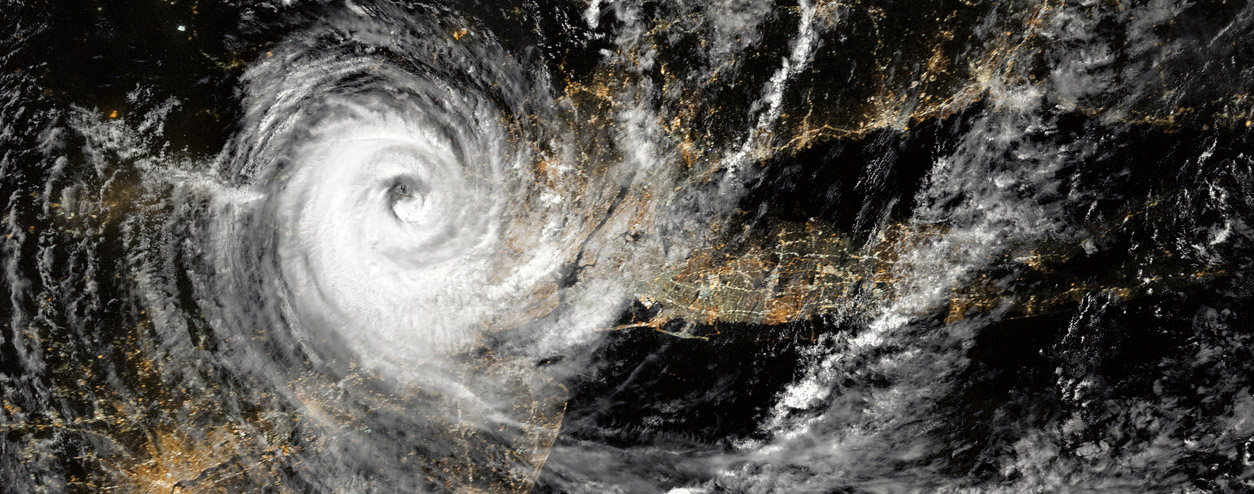Nobody wants to think their business could be a victim of severe weather or other natural disaster—but it’s more common than you probably think. In fact, small, young businesses are especially vulnerable and more likely to shut for good after a major hurricane, research shows.
Another harrowing stat: Nearly 40% of small businesses never reopen their doors after a disaster, according to the Federal Emergency Management Agency. Even a few days of downtime caused by a major power outage can be costly.
So, how do you prevent severe weather from taking a toll on your operations and finances? Follow these five steps:
Minimize your biggest weather-related risks
Look at your business specifically and identify your biggest weather-related risks, advises Autumn Lotze, who specializes in helping small firms prepare for disasters with the nonprofit SBP. Then take steps to reduce them. Flood damage, for example, can be prevented by elevating inventory and equipment off the floor. Storm-resistant building design can reduce wind damage. “There are lots of options,” Lotze says. “Figure out what options are going to work for your business.”
Protect people
Keep employees and other people on your premises safe by having an evacuation plan, including exit paths and assembly points. Having a post-disaster communication plan is also vital. Employees need to know whether to report to work. Customers need to know whether you’ll be able to supply their needs. Suppliers need to know whether you can accept shipments. Set up emergency call and email lists to ensure essential information can get through, Lotze recommends.
Check your coverage
Talk with your insurance broker about what your current policy covers—and what it doesn’t. Property insurance, for example, does not cover flood damage, says Eric Giltner, senior area manager with the Small Business Administration in Grand Forks, North Dakota. Similarly, standard homeowners insurance may not cover losses of a home-based business.
“Double-check your property insurance policy to make sure everything you think is covered is covered, and for replacement value, not cash value,” Giltner says. Business interruption insurance can also protect you financially if you experience downtime or have to close your business temporarily due to a storm.
Protect your data and systems
Critical business data and information, such as customer records, are vulnerable to severe weather. A lengthy power outage, for example, could make any data stored on computers or other devices inaccessible. “You absolutely have to back up your key business data,” Giltner says. For digital information, make sure to have reliable and affordable cloud-based storage and backup. “Any records that aren’t already online should be kept in secure, off-site storage,” he adds.
Plan for continuity
To ensure your business can keep running after a severe weather event, also consider taking these steps:
- Set up alternate vendors in case regulars can’t deliver.
- Designate an emergency chain of command to clarify who will make critical decisions during disasters.
- Negotiate cooperative deals with other businesses to share space, phones, computers or other assets in the event of need.
Every company faces specific risks, depending on the line of business and location, so no two disaster-preparation plans will be identical. But having such a plan can tilt the odds in the aftermath. Adds Giltner: “Those who have a plan have a much greater chance of recovering than those who don’t.”
CALL TO ACTION:
Spectrum Business Internet includes cloud storage and backup and makes it easy to create automatic or scheduled data backups, so you don’t risk losing your valuable information.
Print this article



0 Comments